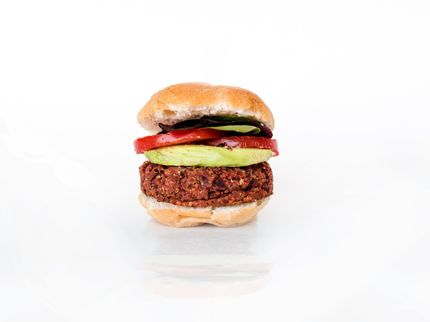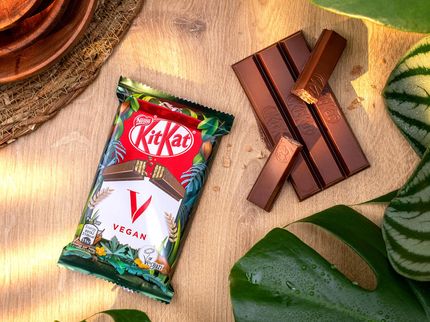Survey on nutrition trends: One in five reduces meat consumption
Market for vegetarian and vegan substitute products to grow to 10 billion euros by 2030
Advertisement
Ongoing inflation and the associated higher food prices are having a noticeable impact on German consumption. 58 percent of respondents are now increasingly turning to special offers or low-priced private labels (39 percent). Discounters are increasingly being targeted by 27 percent of consumers. Around a quarter (24 percent) even say they are buying less in certain product categories (24 percent) - and are saving on meat and sausage in particular (60 percent). In contrast, only 21 percent say that increased prices have not influenced their purchasing behavior. These are the results of a survey conducted by the auditing and consulting firm PwC Germany in cooperation with the crowdsourcing market research company POSpulse, in which 1,001 people aged 18 and over in Germany took part.

Photo by abillion on Unsplash
"Inflation is leading to a behavioral adjustment among German consumers in food retail. They are shopping more strategically or reducing their consumption," says Dr. Christian Wulff, head of the Retail and Consumer Goods business area at PwC Germany and EMEA. Stationary retail remains the main source of supply for Germans. 92 percent buy their groceries from supermarkets, 72 percent from discounters and as many as 25 percent from drugstores, which now offer a wide range of groceries. One in ten (11 percent) now also buys food online.
Dietary habits are becoming more differentiated
Around two-thirds (68 percent) of respondents eat a traditional diet and do not specify a particular eating habit. The habits of the remaining third are based primarily on personal convictions; only rarely is there a medical necessity for this. 9 percent of those surveyed count themselves among the vegetarians, 4 percent live vegan. 7 percent describe themselves as flexitarians with moderate meat consumption; in total, one in five follow a reduced-meat or meat-free diet. Lactose is avoided by 4 percent. Also 4 percent follow a no- or low-carb diet.
"Personal motivation for individual dietary habits varies. For followers of a vegetarian or vegan diet, for example, animal welfare comes first, followed by environmental and sustainability aspects. A positive influence on one's own health ranks only third as a justification," explains Christian Wulff.
Substitute products are on trend and make it easier to switch to plant-based foods
"Against the background of the growing importance of a resource-conserving and healthy lifestyle among the population, as well as our analyses, we estimate the market volume of vegetarian and vegan substitute products at around two billion euros in 2021. By 2030, we expect the German market to grow to around ten billion euros," predicts Christian Wulff. This is because, as the proportion of flexitarians, vegetarians and vegans in the population increases, so does the demand for meat-free products and purely plant-based foods. "Consumers:inside are very open to new concepts and products. More than two-thirds (69 percent) have already bought vegetarian or vegan substitute products," says Christian Wulff. Particularly in demand are meat and/or sausage substitute products (76 per cent) still before alternative milk and/or dairy products (72 per cent). Alternative confectionery was already purchased by 44 percent of respondents.
53 percent of respondents state that buying alternative products makes it easier for them to do without animal products in their everyday lives. Consequently, the criterion "tastes like the original" is a decisive purchase criterion with 45 percent. But environmental compatibility (45 percent) and positive effects on health (42 percent) are also important to consumers. The fact that the price is also close to the original (35 percent) and the packaging is environmentally friendly (34 percent) are relevant purchase criteria for a good third of those surveyed.
The market is interesting for newcomers
When it comes to choosing substitute products, Germans are definitely open-minded: they regularly try different brands to find the best product for them (55 percent), and around half (48 percent) like to be inspired by the selection when shopping. 32 percent prefer brands that specialize in substitute products. Conventional brands that market substitute products based on vegetables and protein have a bonus with 31 percent. Conversely, this means that a large proportion of consumers have not yet established a brand preference for meat-free substitute products. "This fundamental openness to new things makes it easier for newcomers to enter the market for alternative foods," Christian Wulff is certain.
Note: This article has been translated using a computer system without human intervention. LUMITOS offers these automatic translations to present a wider range of current news. Since this article has been translated with automatic translation, it is possible that it contains errors in vocabulary, syntax or grammar. The original article in German can be found here.


































































